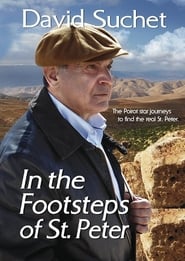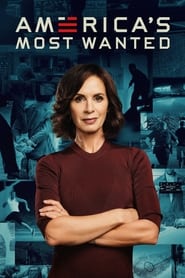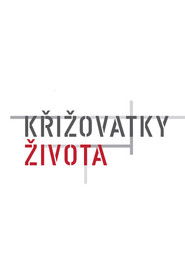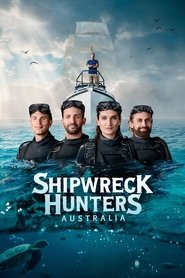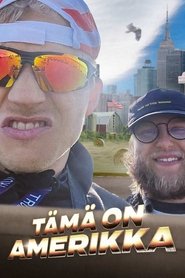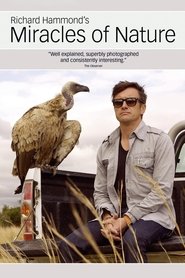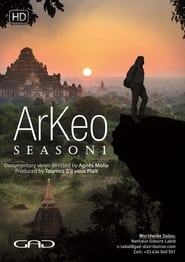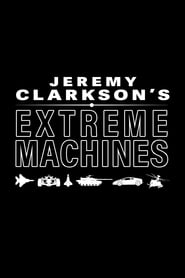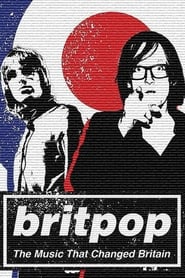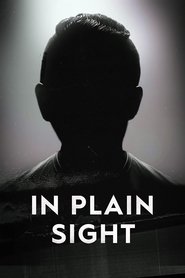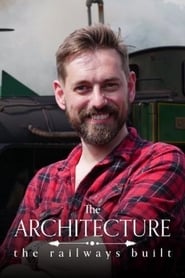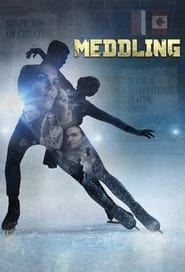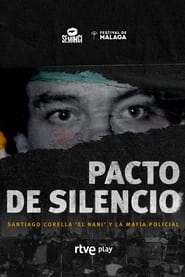Documentary TV Series - Page 322
-
Hazardous History with Henry Winkler
2025
star 8.1Hosted by the iconic Henry Winkler, each 60-minute episode of this nostalgia-drenched series tells the stories of the things we did—for fun, for money, or out of plain boredom—that you can’t do anymore. Pastimes, practices, and products that were once allowed—even encouraged—which you will never see again in modern America. -
I Love the 80s
2002
I Love the 80s
2002
star 8.7I Love the '80s is a decade nostalgia television program that was produced by VH1, based on the BBC series of the same name. The first episode, "I Love 1980", premiered on December 16, 2002. -
Chelsea Does
2016
Chelsea Does
2016
star 5.3Comedienne and writer Chelsea Handler discusses the topics of marriage, racism, Silicon Valley, and drugs. Filmed in four parts. -
David Suchet: In the Footsteps of St Peter
2015
star 8Actor David Suchet goes in search of one of the most puzzling characters in history - the man we know today as Saint Peter. -
America's Most Wanted
2021
star 5.2Elizabeth Vargas breaks down some of the toughest cases in the pursuit of justice. -
The Limit
1995
-
Křižovatky života
2013
Křižovatky života
2013
-
Shipwreck Hunters Australia
2022
star 7.3A unique team of adventurous divers and underwater filmmakers are joined by expert maritime archaeologists on the hunt for long-lost shipwreck secrets along the vast coast of Western Australia. Led by an obsessed pirate captain, the missions combine new evidence and archival research in an all-out adventure into the mysterious past in one of the most stunning places on Earth. -
Jaakko Keso: This is America
2024
Jaakko Keso travels through Middle America to find out why the country is so polarized. -
Richard Hammond's Miracles of Nature
2012
star 7Richard Hammond reveals secret animal abilities from the natural world, and discovers how those same animals have inspired a series of unlikely human inventions at the very frontiers of science. -
Arkéo
2016
Arkéo
2016
star 2How did the Rapa Nui people disappear? Is South Africa the cradle of Humankind? Who are the builders of Stonehenge? Peter Eeckhout travels the world, meeting with other archeologists to reveal recent findings and shed light on the enigmas of History. -
Jeremy Clarkson's Extreme Machines
1998
star 7Jeremy Clarkson's Extreme Machines was a six-part documentary series, originally broadcast on BBC Two in 1998. The series focused on presenter Jeremy Clarkson, testing out a series of cars, jet planes and powerboats. -
this is Georgia
2015
-
Britpop: The Music That Changed Britain
2023
star 8What an era Britpop was. The music genre in the 90s was so huge that it evolved with a swagger to become its own cultural movement, and now, three decades on, a new docu-series is set to celebrate it. -
In Plain Sight
2018
In Plain Sight
2018
IN PLAIN SIGHT is a riveting whodunit, featuring some of the most disturbing murder cases with the killer hiding in plain sight. The killer can sometimes be featured on TV news reports, interviewed by the media, posts on social media or speaks out in newspaper reports, brazenly showing their face while all the time they had blood on their hands. -
The Architecture the Railways Built
2020
star 4.3Railway expert and train enthusiast Tim Dunn explores the stunning architecture that lines the railway network in `The Architecture the Railways Built'. He visits stations made up of simple stone buildings, decorative Victorian grandeur, and striking glass and concrete structures, but he doesn't stop at visiting stations, as he explores every structure which owes its existence to the railway, including viaducts, railway hotels, tunnels, and the less obvious buildings such as homes, swimming pools, and Turkish baths. -
Meddling
2022
Meddling
2022
star 8.7The controversial story of Canadian figure skating pair Jamie Salé and David Pelletier losing gold to Russians Anton Sikharulidze and Elena Berezhnaya during the 2002 Winter Olympics in an organized crime scandal spanning three continents. -
Don't Look Down
2000
Don't Look Down
2000
Design expert Kevin McCloud secures breathtaking vantage points from which to view impressive feats of architecture as he scales some of Britain's highest structures.




